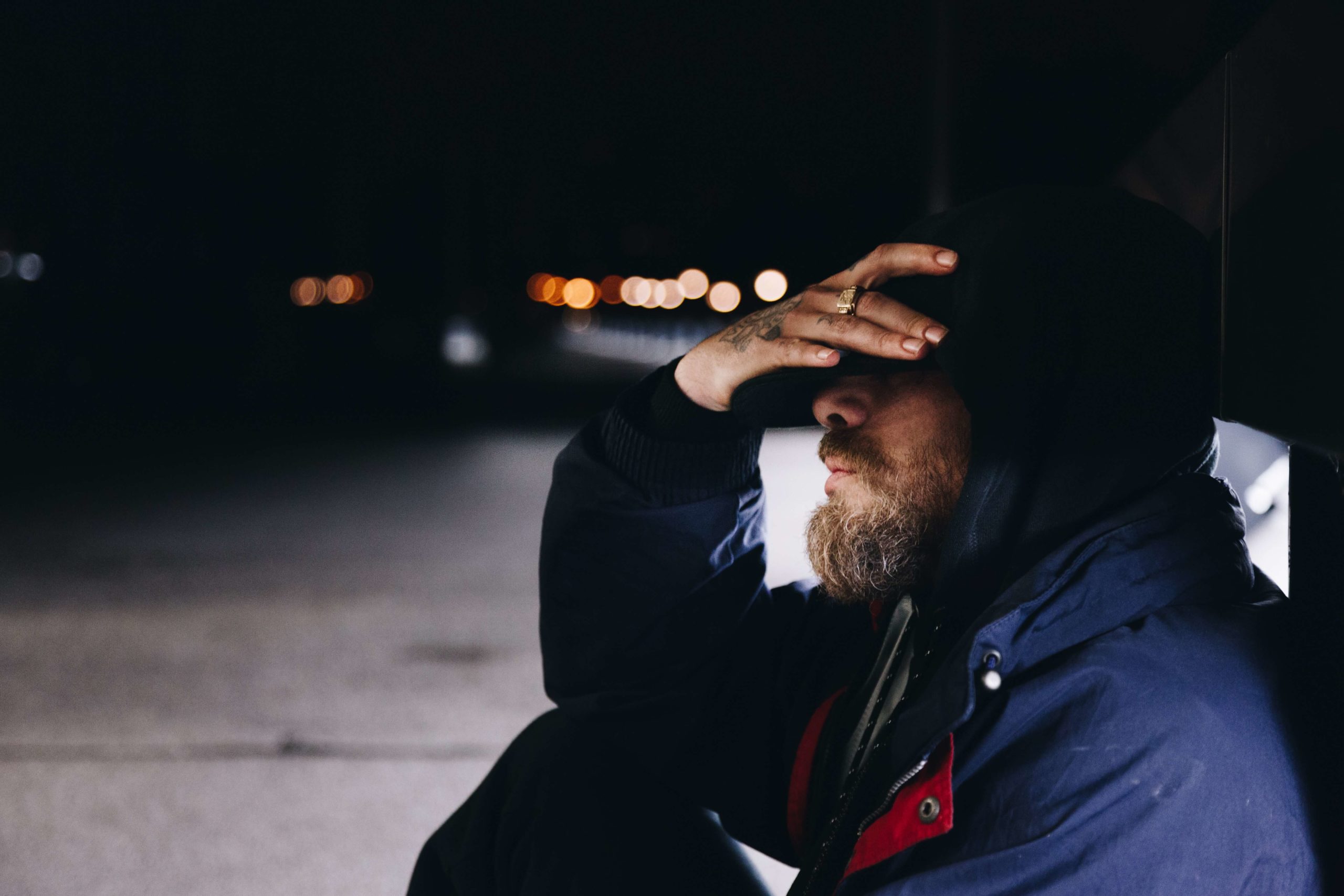
The discrimination caused by unequal access to health care has over exposed many due to the nature of their jobs. For example many people of ethnic minority are employed in low paid jobs such as working in hospital settings or in care homes. Inequality can exist when those suffering cannot participate in decisions, or are unable to self -isolate due to small housing or even multi -generational housing set ups, some will be on zero hour contracts meaning they do not have the option others would have. The pandemic has made the poor even more poorer. Discrimination can happen due to employment, education, geography, poverty, as well as the negative impact of the pandemic.
Why we need to talk about this ? Also, how can lawyers support people who may have suffered as a result of the challenges of inequalities we have in our society?
According to Prof. Helen Bedford, vaccine uptakes in ethnic minority groups are generally lower than the rest of the population. Groups at risks in childhood vaccinations which is data that can help us understand the likely scenario with Covid-19 challenges supports this. Some locations in the country will have a lower uptake of vaccines such as inner London. Eg. MMR vaccines uptake can range from 94% to 71%. The range between local authorities in England can vary. Some families who are lone parent families, large families, socio- economically disadvantage, people with chronic conditions and some from ethnic minority groups may make a choice not to be vaccinated.
In March 2020 Coronavirus was declared by the world health organisations as a pandemic. It is great that the scientists have been able to find vaccinations for the Coronavirus. It is also good news that those who are willing will have the vaccine do have the option. The medical advice and the government advice is that the success rate of the vaccination is over 90% which has to be excellent news given how quickly these vaccinations have been developed. The vaccinations are not compulsory but people are encouraged to have them. Some people will have many questions about the safety of vaccinations.
There is a disproportionate impact on ethnic minority according to Dr. Hina Shahid, the Chair of association of Muslim doctors. A person of ethnic minority is twice as likely to be admitted to ITU, socio- economical issues are also relevant factors. The risk of dying are higher in this group. A public health England report was commissioned which noted that a person from a Bangladeshi background is more likely to die than other minorities.
Health disparities have existed for decades some groups are more likely to die of prostate cancer for example just as with Covid 19. Men and who are over 80 years old are more likely to die, if on top of that they are of ethnic background this risk increases.
Risk increases with deprivation and occupation is also a risk factor. Certain backgrounds are more likely to be in Health and social sectors as for example, in the Asian and Black communities. Public facing roles, inadequate PPE with people on say zero hour contracts such as care workers may not able to self-isolate. Those people then may transmit the virus to families. Housing is also a factor which increases the risk of transmission. Where you live is also a factor. This can increase the risk of getting C19 and dying from it.
Certain pre-existing health issues also increase the risk. Experiences on the frontline of medical workers and being put on the front without protection has been highlighted in recent news. Some have an entire family of front line workers. There can be systemic discrimination at the front line. For example, men with beard may struggle to get access to PPE. Added to that this there can be the stress of often being bullied into working on front line. Recommendations made by the report included amongst others, the need to collect correct data and share it across health and social care system, some religious groups more likely to be impacted, religion is a protected characteristics in the law but data is not collected in health setting. There is a need for community participation support to understand health beliefs, occupational risk assessments but there can be discrepancies between ethnic minorities and while health care workers.
Another challenge often overlooked is sometimes one hospital software may not talk to another hospitals software. The NHS has grown and so has the demand on it which means different systems could impact on the sharing of key data which in turn could impact on the patient’s care.
Time will tell as to the overall scale of the damage and the lasting impact caused by Covid-19 but too many lives have already been lost and we are far from out of the woods yet. This article is not intended to criticise the good work done by the NHS, the Government and those in the community however, it is just one of those issues that we as lawyers will need to bear in mind when we advise our clients.
This article is for general information only and does not constitute legal or professional advice. Please note that the law may have changed since this article was published.